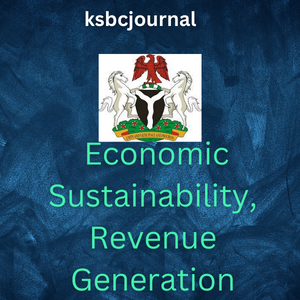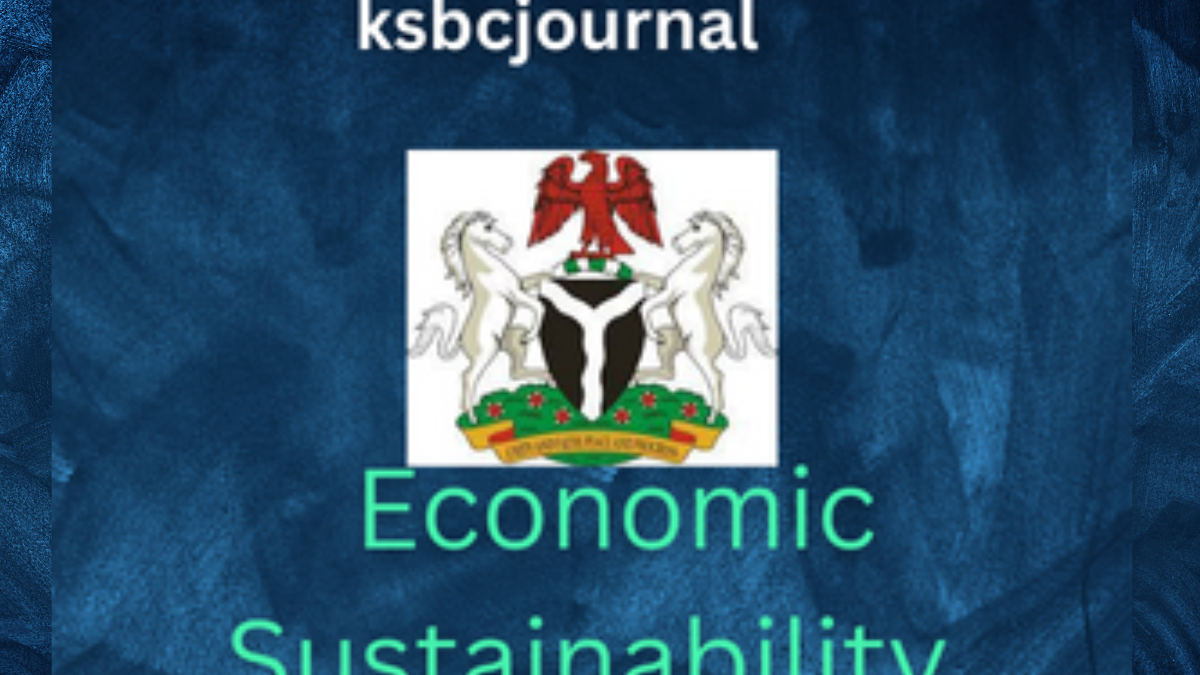Nigeria counts on your professional support to ensure that economic sustainability becomes a national culture. Nigeria’s minister of finance, budget, and national planning, Zainab Ahmed, has told the group of accountants that comprise the Institute of Chartered Accountants of Nigeria (ICAN) as they assemble in Abuja for this year’s conference.
At the 52nd annual accountants’ conference, which ICAN and MTN Nigeria hosted, the minister announced. The seven-day event takes place in Abuja.
According to the minister, the national development plan for Nigeria has established specific methods to accelerate the turnaround and push the country toward financial sustainability. At the conference’s opening ceremony, she addressed the attendees that all hands must be on deck to broaden and strategically diversify the economy’s income source.
As governments, investors, and regulatory agencies have become more interested in sustainability, Mrs. Ahmed asked the institution to pioneer innovations in sustainability and sustainability reporting.
The minister, who Sarah Alade represented, the special adviser to President Buhari on Finance and Economy, said, “The nation is not only confronted by the necessity of inclusive growth but also bound to measure growth, not in absolute terms but in terms of its environmental price, the social consequence, and the potential implication for posterity and long-term stability.”

The “Nigeria; Adopting Sustainability for Economic Prosperity” conference began on Monday, October 10, and will finish on October 14. The gathering aims to examine cutting-edge topics, including digital transformation, renewable energy, creative taxation, and sustainability reporting.
Ahmed reaffirmed the federal government’s commitment to the Sustainable Development Goals (SDGs) and the 2030 Agenda for Sustainable Development, stating that the anticipated cost of Nigeria’s SDG finance needs is roughly $100 billion.
“This commitment culminated in the recent launch of the Integrated National Financing Framework (INFF),” she said. “INFF seeks to enhance revenue collection at the national and sub-national levels, digitalize, optimise and make the tax system much more effective, better coordinate the budget processes, and make public spending much more effective.
The finance minister said Nigeria needs to broaden and diversify its economy to expand its income base. He added that the National Development Plan had presented clear plans to accelerate the transformation and push toward financial sustainability.
Additionally, according to Tijjani Musa Isa, the 58th president of ICAN, Nigeria’s economic growth has averaged 3.54 percent owing to the country’s ongoing poor oil output and increased insecurity.
He said that we would continue to be at the mercy of shifting foreign economic dynamics as long as we export raw items and finally import completed commodities.
Isa continued by saying that other negative macroeconomic variables have forced conversations about sustainability, which are crucial for economic recovery and preserving peace and prosperity in the future.
In line with the 17 Sustainable Development Goals (SDGs) of the United Nations, he said, sustainability “encourages entities to properly deploy financial, environmental, human, and social resources for a better, cleaner, and more prosperous future.”
Inputs into sustainable funds increased from $5 billion in 2018 to more than $50 billion in 2020 and over $70 billion in 2021, according to Isa, who also said that there has lately been a need for businesses to offer values in more sustainable and responsible ways.
“Our economy has to rethink our environmental, social, and governance goals in order to successfully compete in the competitive global landscape. This would have the twin benefits of drawing more sustainable money into the nation and increasing our social licence,” he added.We will continue to be at the mercy of shifting foreign economic dynamics as long as we export raw items and import finally completed commodities, he said.
Isa continued by saying that other negative macroeconomic variables have forced conversations about sustainability, which are crucial for economic recovery as well as preserving peace and prosperity in the future.
In line with the 17 Sustainable Development Goals (SDGs) of the United Nations, he said, sustainability “encourages entities to properly deploy financial, environmental, human, and social resources for a better, cleaner, and more prosperous future.”
Inputs into sustainable funds increased from $5 billion in 2018 to more than $50 billion in 2020 and over $70 billion in 2021, according to Isa, who also said that there has lately been a need for businesses to offer values in more sustainable and responsible ways.
“Our economy has to rethink our environmental, social, and governance goals in order to successfully compete in the competitive global landscape. This would have the twin benefits of drawing more sustainable money into the nation and increasing our social licence,” he added.

